"Don’t Worry, You Don’t Look Like You Have ADHD"
I’ve often been told, “You don’t look like you have ADHD.”
ADHD isn’t something you “look” like—it’s how your brain works, and for years, my brain felt like it was constantly battling itself. Friends see me as composed and driven, but behind the scenes, I’ve always felt like I was fighting to keep up, struggling with things that seemed easy for others.
What Others See
Ask my friends and colleagues, and you’ll get a laundry list of compliments: “calm,” “organised,” “successful,” “fun.” I have an incredible family, a successful career, and a full life. On paper, it’s the dream. But the truth is, I always felt like a misfit, barely holding it together. Why? Because while others saw someone thriving, I saw someone constantly failing to fit into the mould society expected.
What I Saw Growing Up
From a young age, I knew I was different. I wasn’t just the "shy" or "quirky" kid—I was the "weird" one. At school, I was labelled “stupid” and “unfocused,” and I remember a teacher putting my desk against the wall to avoid looking at me. It felt like everything I did was wrong, and I started to internalise that shame. I pushed myself to be perfect to hide my perceived flaws, only to burn out in the process.
When my son began struggling at school in the same ways, everything clicked. He’s bright, funny, and creative, yet he too was side-lined by teachers who didn’t understand him. His neurodivergent diagnosis opened my eyes to the fact that the environment around him was all wrong—holding back his brilliance and preventing the world from seeing just how exceptional he truly is.
The Moment of Realisation
I threw myself into learning about ADHD and advocating for my son. Simple changes—like noise-cancelling headphones, better explanations, and dictation tools—transformed his experience. Watching him thrive made me reflect on my own life. After many “me too” moments, I finally took the leap to get assessed for ADHD myself.
What I See Now
Being diagnosed with ADHD as an adult was both liberating and heart-breaking. I went through a period of grief, realising that all those years of feeling “not good enough” were rooted in something I hadn’t understood. But once I got past that, I started seeing ADHD for what it really is: a superpower.
Six months in, I’m still learning, but I now embrace what makes me different. My ADHD is the source of my creativity. My 10-year-old son said it best: “If everyone has the same brain, they’ll all come up with the same answer, and miss the brilliance.” I can tackle problems in ways others don’t, whether I’m helping my children navigate challenges or redesigning healthcare systems abroad. Sure, I might forget the laundry, but ask me to tackle a problem that matters, and I’m on fire.
Hyperfocus and Resilience: My Superpowers
When I’m in my hyperfocus zone, I’m unstoppable. Give me something new, challenging, and meaningful, and I’ll throw my entire being into it. Some of the world’s most successful people with ADHD—Richard Branson, Michael Phelps—share this superpower. But it’s selective; don’t expect me to be as enthusiastic when it’s time to fold the laundry!
Resilience has also been key. Navigating a world not built for neurodivergent minds has made me tough. I’ve heard more than my share of negative messages, but I’ve built the resilience to keep going. I’m now driven to challenge the systems that don’t support neurodiversity and advocate for real change.
Emotional Intelligence: A Gift
Being emotionally sensitive is often seen as a weakness, but I now recognise it as a gift. I can sense how people are feeling and help them work through emotions they may not even understand. This has not only helped me connect with others in my career but has also been invaluable as a mother to my neurodiverse children. Together, we’ve learned how to communicate in ways that work for us.
Looking Ahead
Today, I’m on a mission. My sons have changed my life in the best way, and I’m determined to use my experience to support others. Whether it's parents navigating neurodiversity with their children or adults realising they’ve been misunderstood for years, I want to challenge the stigmas and celebrate the unique strengths we all have.
One day, I might believe what others see in me, but for now, I’m content knowing that my ADHD isn’t something I need to “look” like. It’s who I am, and I wouldn’t have it any other way.
